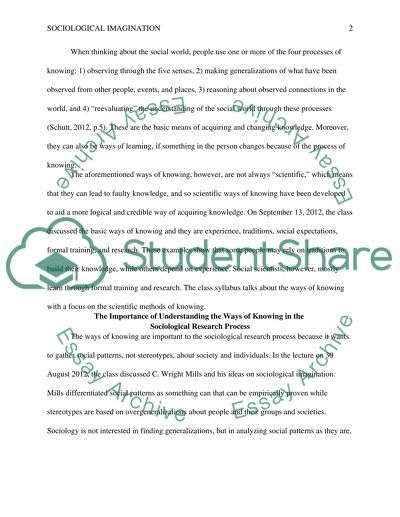Cite this document
(“Sociological Imagination in the Ways of Knowing: Why the Age of Essay”, n.d.)
Sociological Imagination in the Ways of Knowing: Why the Age of Essay. Retrieved from https://studentshare.org/sociology/1457479-sociological-imagination-in-the-ways-of-knowing-why-the-age-of-marriage-is-increasing
Sociological Imagination in the Ways of Knowing: Why the Age of Essay. Retrieved from https://studentshare.org/sociology/1457479-sociological-imagination-in-the-ways-of-knowing-why-the-age-of-marriage-is-increasing
(Sociological Imagination in the Ways of Knowing: Why the Age of Essay)
Sociological Imagination in the Ways of Knowing: Why the Age of Essay. https://studentshare.org/sociology/1457479-sociological-imagination-in-the-ways-of-knowing-why-the-age-of-marriage-is-increasing.
Sociological Imagination in the Ways of Knowing: Why the Age of Essay. https://studentshare.org/sociology/1457479-sociological-imagination-in-the-ways-of-knowing-why-the-age-of-marriage-is-increasing.
“Sociological Imagination in the Ways of Knowing: Why the Age of Essay”, n.d. https://studentshare.org/sociology/1457479-sociological-imagination-in-the-ways-of-knowing-why-the-age-of-marriage-is-increasing.


